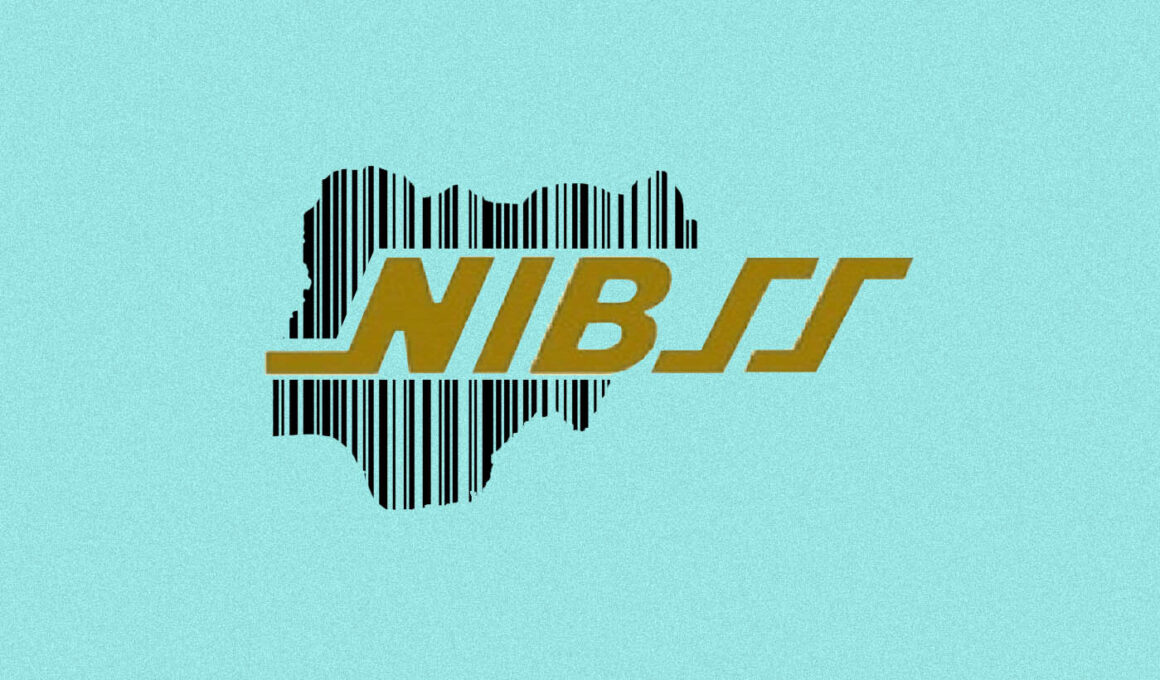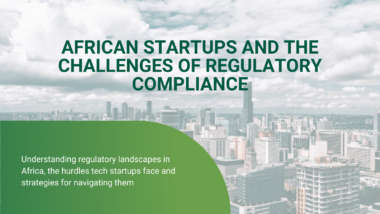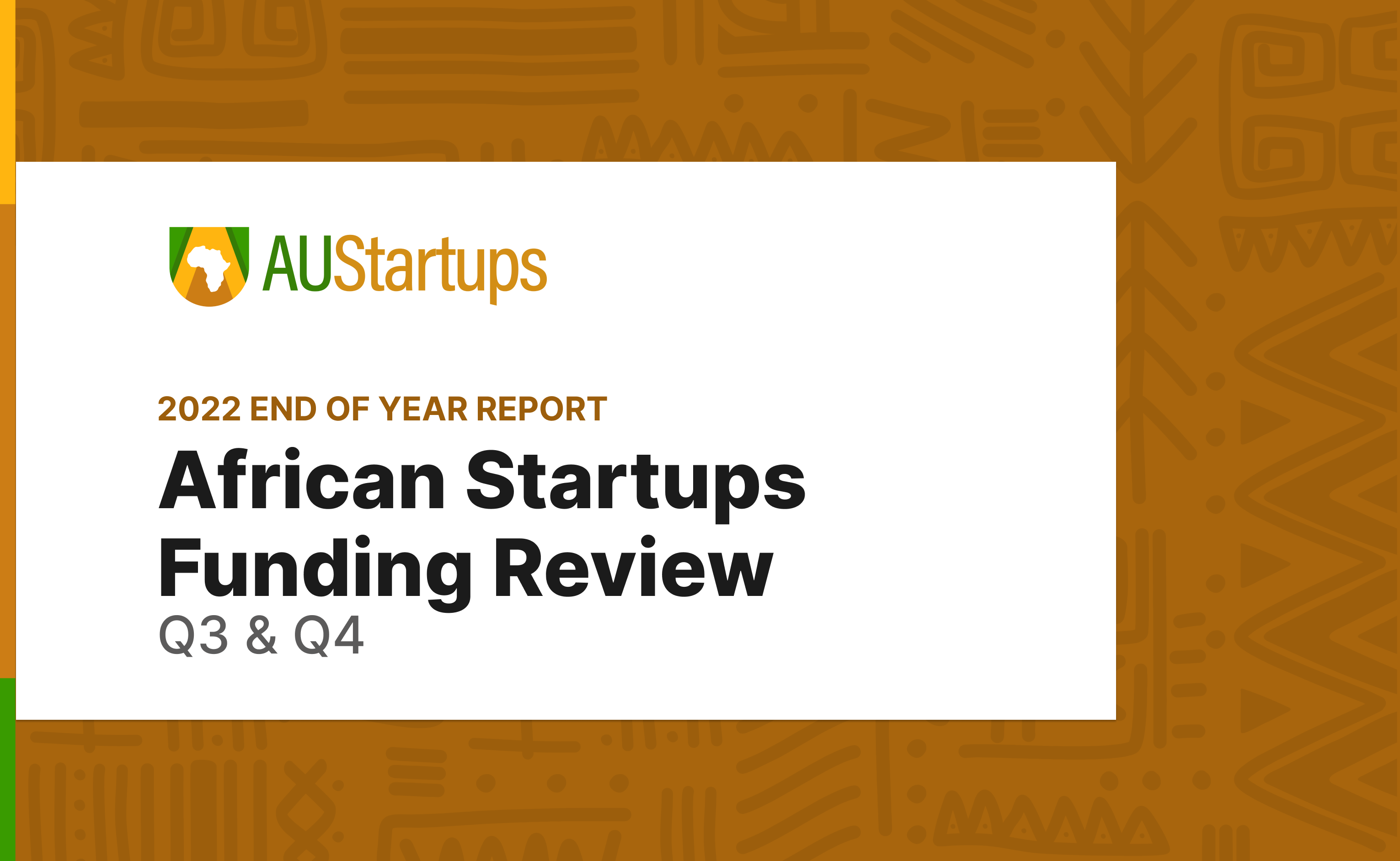The Nigerian fintech industry recently had a regulatory shakeup with the Central Bank’s NIBSS directive to purge all unlicensed digital money deposit operators from NIP funds payment channels.
The memo, which was circulated to all relevant financial institutions and service providers on the 5th of December, 2023, states that
“listing non-deposit-taking financial institutions such as Switching Companies (Switches), Payment Solution Service Providers (PSSPs), and Super Agents (SA) as beneficiary institutions on your NIP funds transfer channels contravenes the CBN Guidelines on Electronic Payment of Salaries, Pensions, Suppliers and Taxes in Nigeria dated February 2014. For clarity, Switches, PSSPs, and SAs may process outward transfers as inflows to Banks but are not to receive inflows as their licenses do not permit them to hold customers’ funds.”
Put simply, the circular is an instruction to all financial services providers using instant payment channels in the country to delist all non-deposit payment service providers – effectively rendering unlicensed fintech companies unable to directly accept money deposits.
The immediate effect of this directive is that certain financial institutions will no longer be available as beneficiary or destination accounts for money deposits and transfers on NIP funds transfer channels – leaving only institutions with CBN licenses to hold depositors’ funds to remain listed on banks’ instant payment platforms.
Expectedly, the announcement triggered widespread speculation among fintech service providers and users. The greater reaction came from users unsure of their assets’ security with their preferred financial services providers. To address the apprehension, several fintech companies have made announcements to reassure users and disclose plans to prevent adverse effects from the new development.
But who is affected by the directive?
In the first quarter of 2023, Nigeria had a nationwide cash scarcity that made many people adopt digital payment solutions for purchases and service payments. This sudden shift encouraged the development and increased adoption of several mobile money systems, payment solutions service providers, and digital banks.
However, several of the companies that emerged with solutions to the payment challenges at the time received licenses that only allowed them to process payments to other banks and financial services providers; their licenses don’t cover money deposits. These are the companies bearing the brunt of the directive.
According to the circular, the directive only applies to financial institutions that aren’t licensed to process user deposits. As such, it bears down heavily on financial operators that were only registered as non-deposit-taking financial institutions. These companies fall into three main categories: Super Agents, Switches, and Payment Solutions Service Providers. The affected companies number well over 100, and you can find a complete list on the CBN website.
Nevertheless, the affected companies are only prevented from using NIP services to receive inward transfers from deposit account holders, but they can still continue operating under the provisions of their licenses. I.e., using NIBSS NIP services for processing payments such as Salaries, Taxes, and Pensions.
However, there’s still a silver lining for the affected PSSP/Switch/Super Agents – they can continue accepting deposits by collaborating with a deposit-taking entity. Paystack’s relationship with Titan Trust Bank demonstrates this kind of partnership. The arrangement allows the fintech to create and manage an independent virtual account system.
Who is not affected?
Upon release, the directive triggered misinformation that quickly made rounds across the internet. Most of the circulating rumors alleged that several notable fintech service providers were among the companies to be delisted and will no longer be able to provide deposit services to customers. A notable example is Flutterwave, which quickly came under scrutiny from speculators as the company wasn’t operating with a license to accept deposit money.
The company has since addressed the speculations with posts on its social media pages, expressing that the circular had zero impacts on its services thanks to its partnership with Wema Bank.
Similarly, payment services provider Paystack also publicly assured their users that the directive doesn’t impact their services thanks to the partnership between the company and Titan Trust Bank. The partnership allows Paystack to operate compliantly as a deposit receiver.
Other notable financial institutions such as Moniepoint, Opay, Palmpay, Nomba. Kuda Bank, Paga Tech, Abeg Technologies, and FairMoney are also not affected by the directive as they all possess the appropriate license to accept deposits.
How it affects users
The purge of unlicensed deposit institutions and non-deposit-taking financial Institutions from NIP beneficiary lists doesn’t have a significant effect on users. Most customers only use the affected companies for processing payments and transfers, not as deposit accounts for their money. And since the companies aren’t restricted from processing transfers, the customers can continue using them for those transactions.
However, for customers who deposit money in the accounts provided by the affected companies, they can transfer their funds to accounts in other banks that are authorized to receive deposits.
What To Expect
Since the circulation of the directive, most NIP channels have taken down the affected companies from their lists. The fundamental intent behind this policy is to safeguard customers’ funds in deposit by ensuring only licensed and certified organizations have access to them. As such, for every new fintech company operating a wallet service that users can fund via bank transfer, there’s a requirement for them to partner with licensed Microfinance or commercial banks.
This might be the first of many directives from the NIBSS and CBN as they continue to roll out policies aimed at reforming the Nigerian financial services industry.











